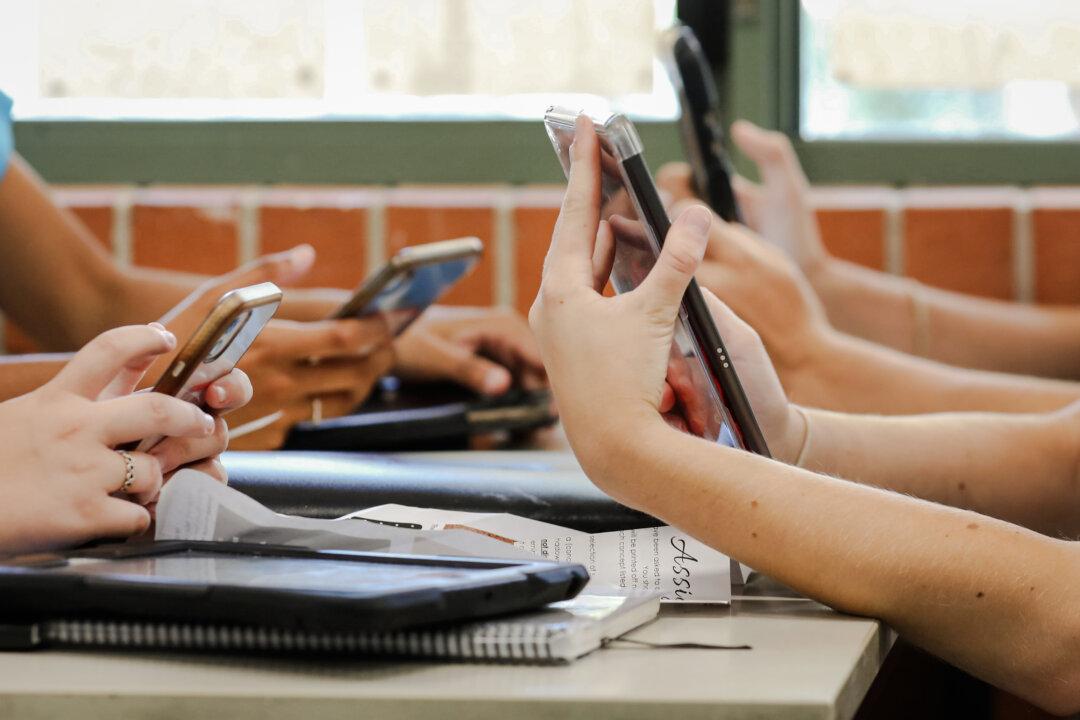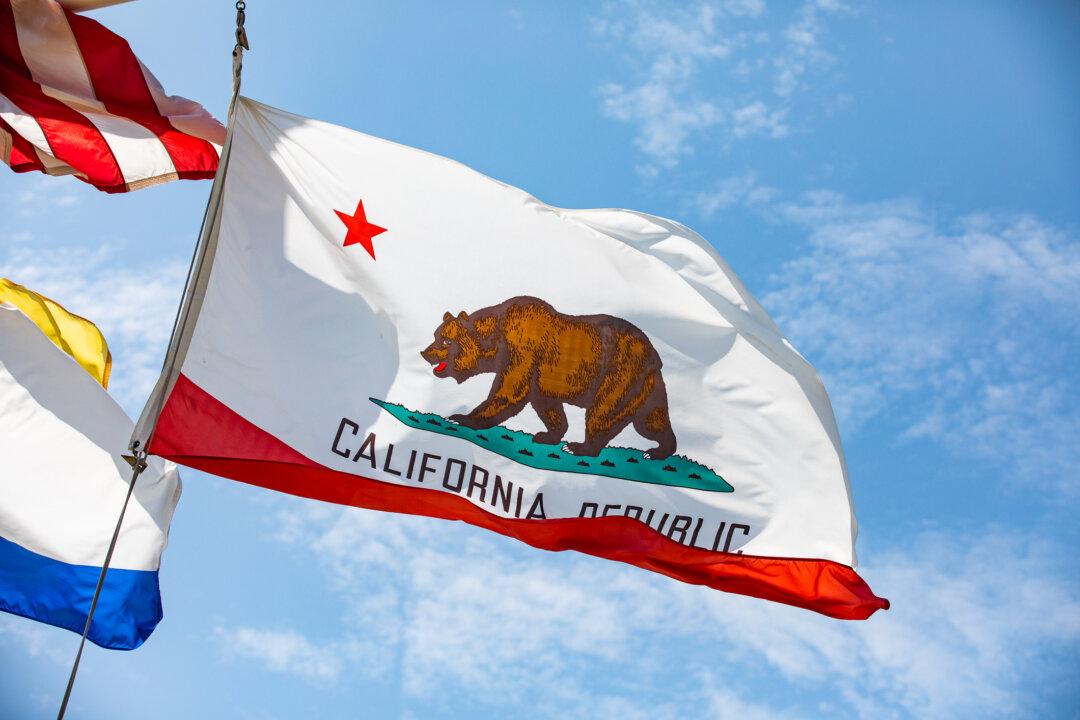Students in the second-largest school district in the United States are about to lose their cellphones during school hours.
The school district’s board of education on June 18 approved the ban, which was introduced in response to growing concerns about the negative impact of social media on children’s mental health, including increased depression and anxiety, decreased attention spans, and technology addiction.





